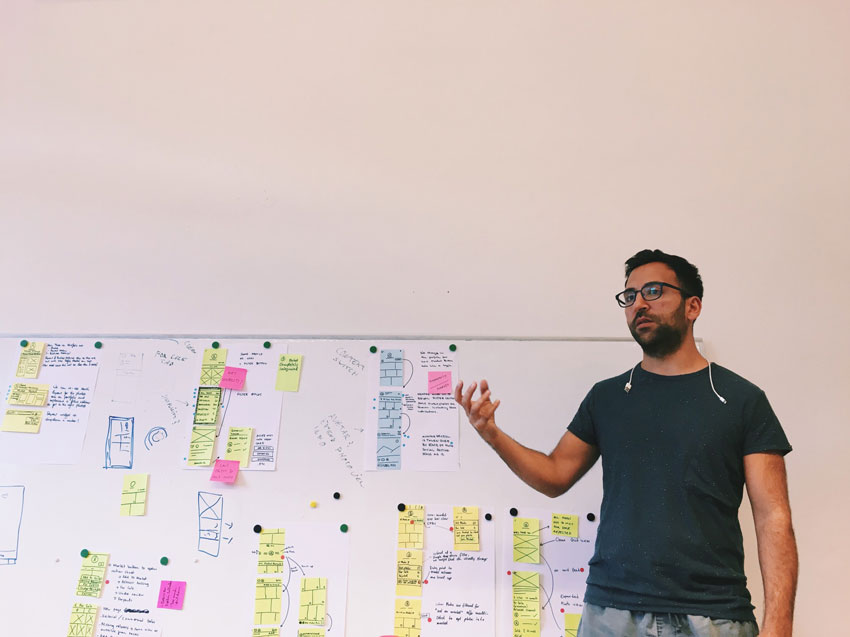A big shift happened for me when I realized I wasn’t in this work to simply provide training, but provide solutions.
That meant that when collaborating with other groups I could offer more than just creating agendas and facilitating, I could use a wider set of skills to help teams succeed.

If you are a social change trainer that regularly works with groups to help them achieve their collective goals, consider using these skills alongside training as a part of your next program.
1. Research
If you design trainings, you probably know a thing or two about finding and synthesizing information.
Consider what questions the group has and dedicate some time to finding answers that you can incorporate into your training.
Example: Find 3 examples of multi-racial environmental campaigns with Indigenous leadership. Identify common successes and challenges they experienced, both internal & external.
2. Job Aids
If you have ever created a handout for a training that explains step-by-step how to do something, you can create a job aid.
List the most essential steps to take in accomplishing one specific skill related to social change and summarize with a table, diagram or instructions.
Example: Create a campaign-specific script that organizers can use to pose questions during a 1:1 proposition meeting.
3. Standard Operating Procedure
For training designers who write curricula and trainer’s guides, you can apply the same skills to outline a process for an entire team.
Think about a process that involves multiple team members and map it out in a diagram, cartoon, or even a stick figure drawing!
Example: Document a standard intake process for new members, including the titles of each staff member new members will interact with and what they will do along the way.
4. Coaching
This is like facilitation for one. If you can create journaling activities, worksheets, visualization exercises, and structure questions to encourage learning and reflection, you can be a coach.
Create a series of activities for one that help learners understand a new skill, practice between sessions, and reflect afterward on how it went.
Example: Provide coaching to coalition organizers on facilitative decision-making covering agenda design, creating participatory activities, consensus building & managing difficult situations.

As a trainer, you have a whole toolbox at your disposal that will help groups achieve more in their work for social change.
Are you using all of them?
Any more we missed?
Let us know in the comments below.






One Response